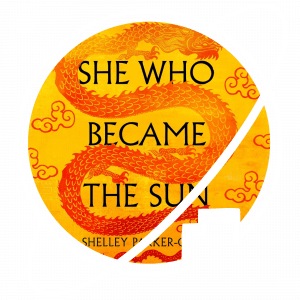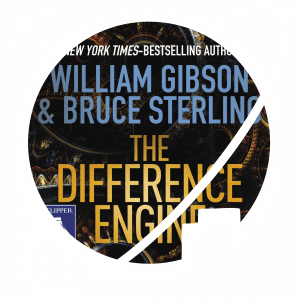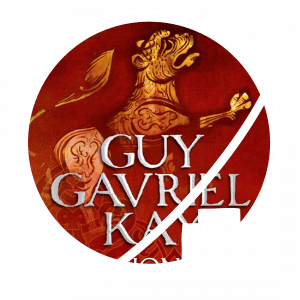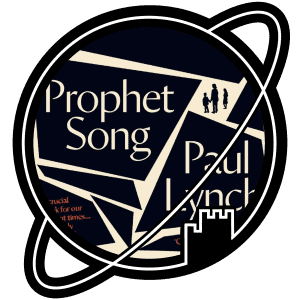- Novella written by Kim Stanley Robinson
- Published January 2002
- Standalone


The Years of Rice and Salt is certainly speculative, but it is also a little different from most speculative fiction that we review. We have labelled a number of the works we have reviewed ‘alternate history’, but most of those are masquerading as a fantasy world or have other speculative elements as well.
The Years of Rice and Salt is very pure alternative history in that it changes one historical circumstance – the lethality of the Black Death in Europe in the fourteenth century – and progresses history from there, in this case imagining a world ‘without’ Europe, in particular without the impact of European exploration, expansion and colonialism.
The big downside of an alternate history book that really wants to explore the impact of a single change over the centuries, is that it needs to describe those centuries and thus can’t follow the narrative of short-lived set of characters.
Robinson solves this problem by following a small cast of characters that reincarnate together into different societies at different times. They might not be the same people each time, but they share certain character traits and relationships and it allows for some semblance of continuity over a story that spans eight centuries.
Still, this is not a character-driven book but an exploration of what might be. The Years of Rice and Salt is very much a Kim Stanley Robinson book. It is dripping in research and laced with themes of the triumph of science, utopianism and rationalism. It is a book of ideas.
To be honest, that does show. The Years of Rice and Salt is well written, but it is slow going. It doesn’t suck you in the way more character-driven stories would. It relies on the reader’s curiosity to find out where history goes.
Still, some of the shorter stories that make up the book have some fun vignettes. For example, I liked the invention of the scientific method by a disgraced alchemist in Samarkand, and the accidental discovery of the Americas by drifting Chinese ships. It is these kinds of windows into what might have been that make a book like this so interesting. little windows into what might have been that make this book so interesting.
Overall, The Years of Rice and Salt is a tough book to get into. It takes commitment to get to the end and it won’t be for everyone. But I like Kim Stanley Robinson and his belief that scientist will usher us into utopia, so I enjoyed my time with it and I know many others will too.















